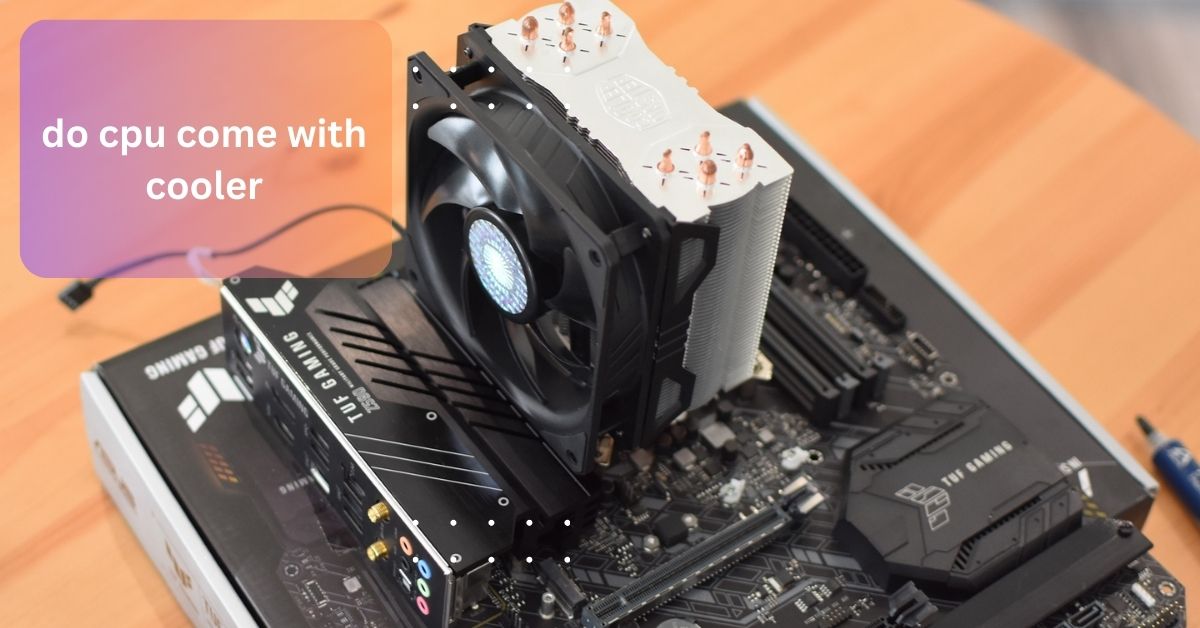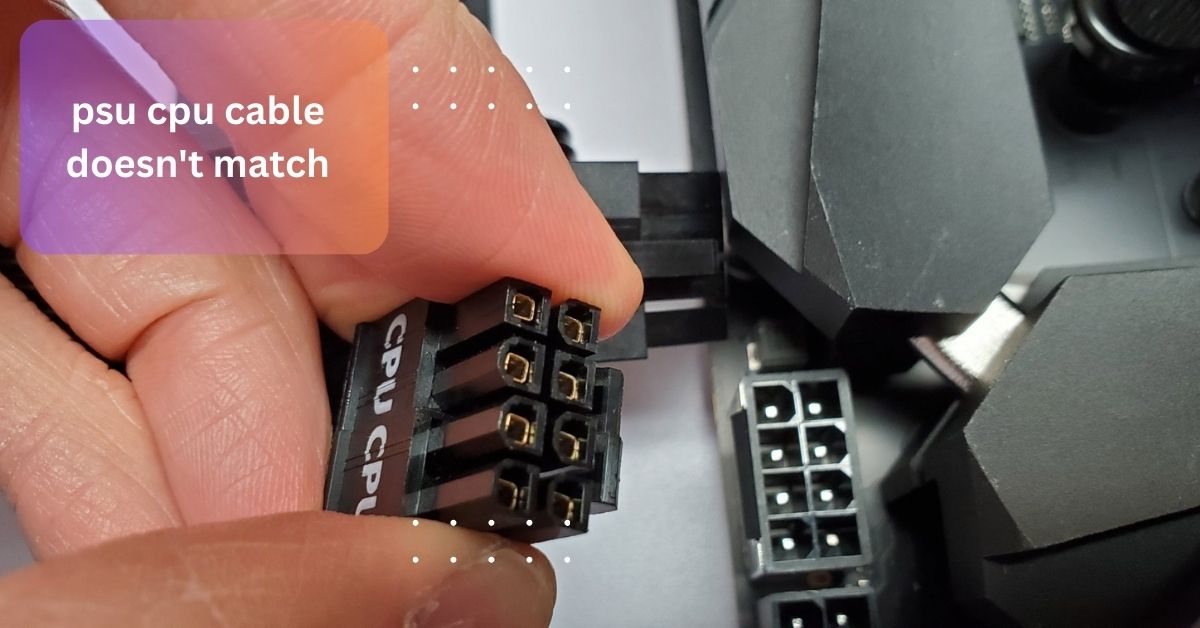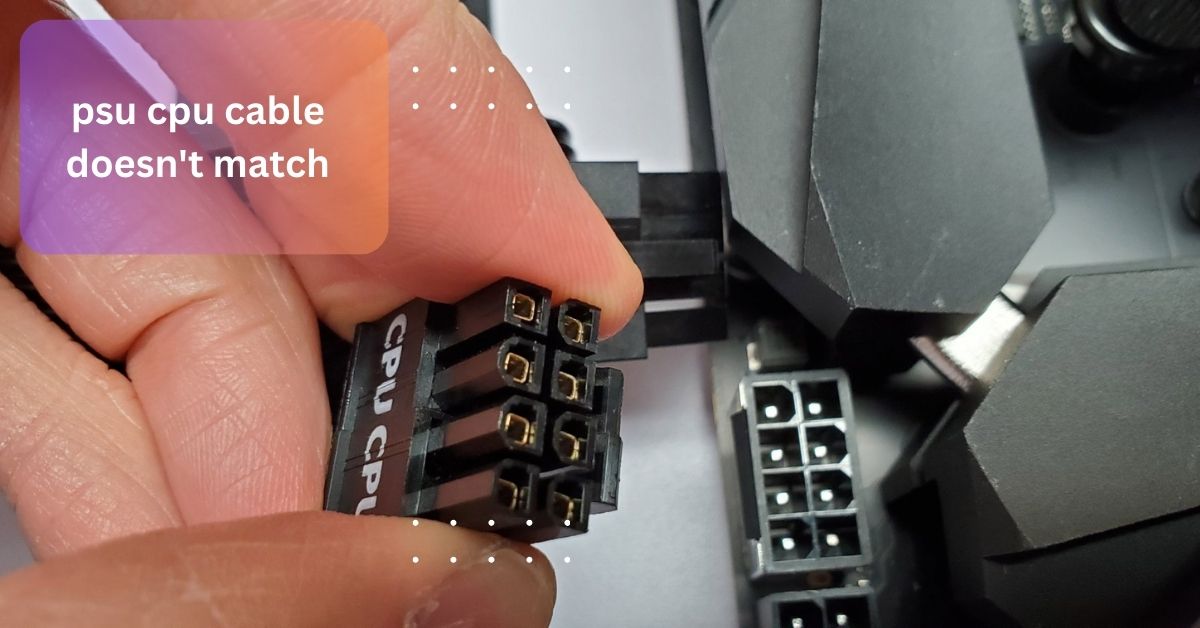When I first built my PC, the stock cooler included with my CPU was fine for everyday use, but it struggled under overclocking. Upgrading to an aftermarket cooler made a huge difference in keeping temperatures down and boosting performance.
Not all CPUs come with a cooler. Entry- and mid-level CPUs often include a stock cooler, but high-end models may not, requiring an aftermarket cooler for better performance. Check specs for details.
We will explore whether CPUs come with coolers, examining which CPUs include stock coolers and which require aftermarket solutions.
What is a stock cooler?
A stock cooler is a basic cooling system that comes with many CPUs. It usually includes a metal heatsink that draws heat away from the CPU and a fan that blows air over the heatsink to keep things cool.
While stock coolers are good enough for everyday tasks and normal use, they might struggle with more demanding applications or overclocking, where a more powerful aftermarket cooler could be necessary. Stock coolers are convenient because they’re included with the CPU and are easy to install.
Are stock coolers good enough for gaming?
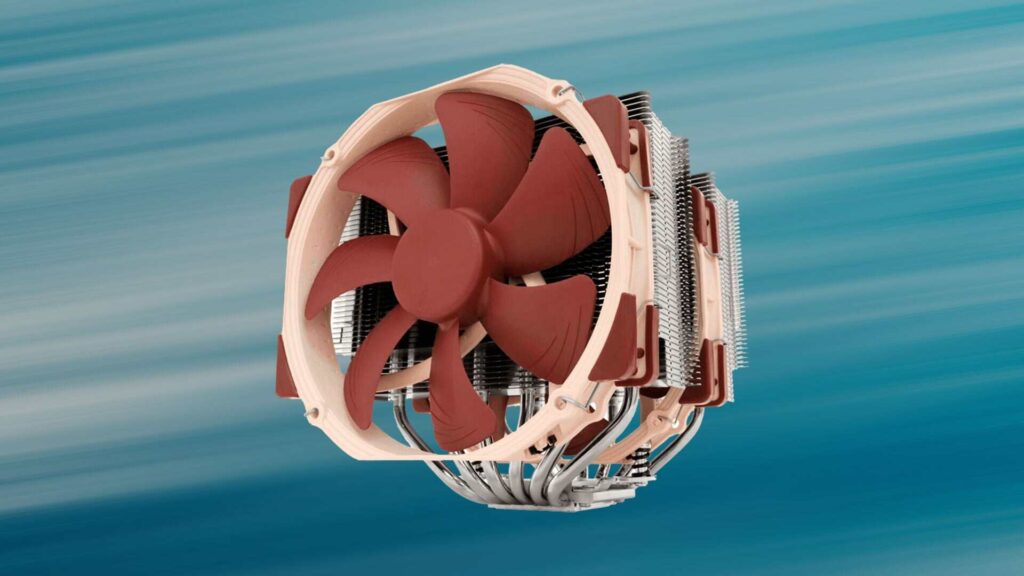
Stock coolers can handle basic gaming well enough, as they are designed to keep CPUs cool during regular use. For casual gaming or mid-range setups, they usually do the job without issues. However, if you’re playing demanding games or running multiple applications at once, a stock cooler might struggle to keep up.
When you overclock your CPU for better performance, stock coolers often can’t handle the extra heat, which can lead to higher temperatures and potential problems. For high-end gaming, especially with powerful CPUs, an aftermarket cooler is a better choice.
Aftermarket coolers are more efficient at dissipating heat and often quieter, making them a good investment for serious gamers who want to ensure their system stays cool and performs well.
Do I need to buy an aftermarket cooler for my CPU?
Whether you need an aftermarket cooler depends on how you use your CPU. If you plan to overclock your CPU for better performance, an aftermarket cooler is a good idea since it handles extra heat better than stock coolers. For high-end CPUs used in gaming or demanding tasks, an aftermarket cooler can keep temperatures lower and improve performance.
If you’re concerned about noise, aftermarket coolers are often quieter than stock ones. Before buying, make sure your PC case can fit the new cooler. If you’re looking to future-proof your system or want better cooling, investing in an aftermarket cooler can be worth it.
How do I know if my CPU cooler is compatible with my CPU?
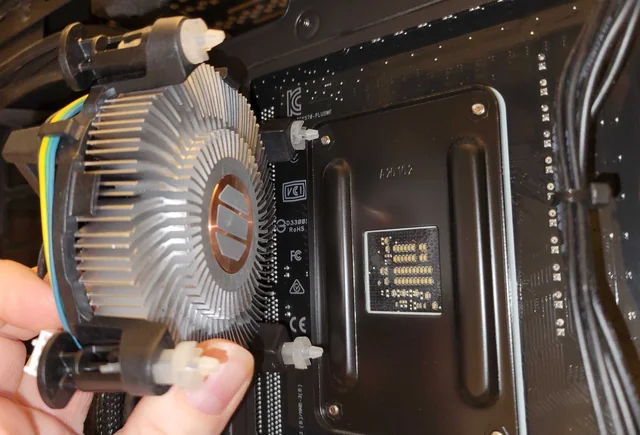
To determine if your CPU cooler is compatible with your CPU, start by checking the cooler’s specifications for supported CPU socket types. Different CPUs use different socket designs, so the cooler must match your CPU’s socket. Next, ensure the cooler fits in your PC case by comparing its dimensions with the available space in your case.
Also, verify if the cooler includes the necessary mounting brackets or adapters for your CPU. It’s a good idea to review the cooler’s installation guide or manufacturer’s website for compatibility details. Lastly, make sure the cooler can handle your CPU’s thermal output, especially if you’re overclocking.
Read: No Or Unknown Cpufreq Driver Is Active On This Cpu- Solutions and Insights!
What types of aftermarket coolers are available? step-by-step
- Air Coolers: Utilize a heatsink and fan to dissipate heat. They are easy to install and generally more affordable.
- Liquid Coolers: Use liquid to transfer heat from the CPU to a radiator. They provide superior cooling and are often quieter, but can be more complex to install.
- All-in-One (AIO) Coolers: Pre-filled liquid coolers with a pump, radiator, and fans combined in one unit. They offer efficient cooling and are relatively easy to install.
- Custom Liquid Cooling Systems: Customizable setups with separate components for the pump, reservoir, radiator, and blocks. They provide the best cooling performance but require more maintenance and setup.
- Low-Profile Coolers: Compact coolers designed for small cases or systems with limited space. They offer decent cooling without taking up much room.
- Tower Coolers: Large air coolers with multiple heat pipes and fans. They provide excellent cooling performance but require more space inside the case.
What is thermal paste, and do I need to apply it?
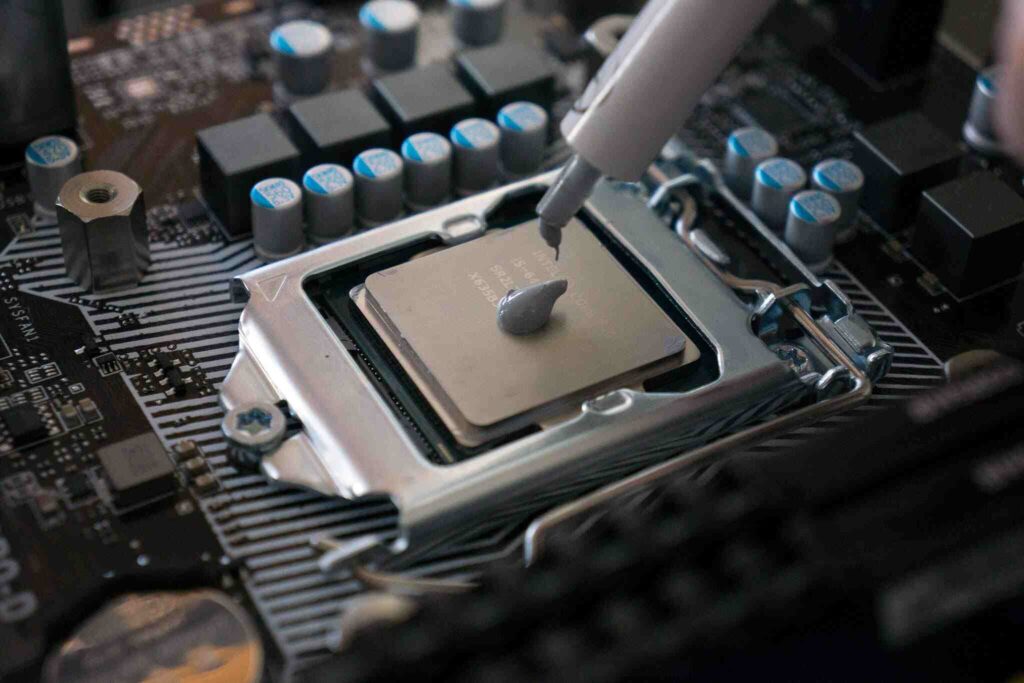
Thermal paste is a crucial material applied between your CPU and its cooler to ensure efficient heat transfer. It fills in tiny gaps and imperfections on the surfaces of both components, allowing heat to move more effectively from the CPU to the cooler.
Most stock and aftermarket coolers come with pre-applied thermal paste, but if you’re installing a new cooler or reusing an old one, you’ll need to apply it yourself. Simply place a small, pea-sized amount in the center of the CPU before attaching the cooler.
Are liquid coolers better than air coolers?
Liquid coolers and air coolers each have their own strengths, and which one is better depends on what you need. Liquid coolers usually provide better cooling performance, making them ideal for high-end CPUs or overclocking. They are often quieter because they use larger fans that don’t need to spin as fast.
Liquid coolers also help save space around the CPU, which is useful in cramped cases. However, they are more complex to install and maintain, and they have more parts that could potentially fail. Air coolers are simpler to install, require less maintenance, and are generally less expensive. They can be bulkier and might block other components in your case.
Are there CPUs that don’t come with any cooler at all?
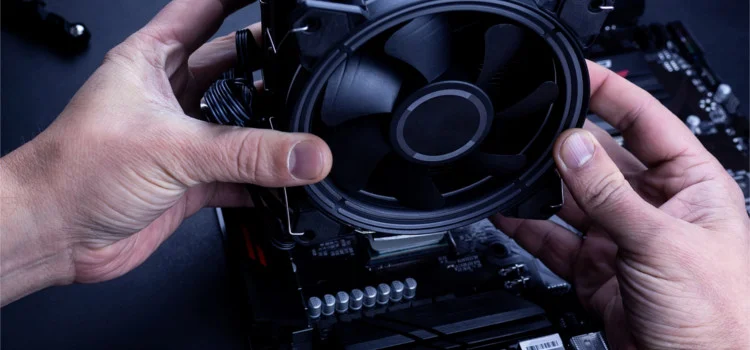
1. High-End and Enthusiast CPUs:
Many high-performance and enthusiast-grade CPUs, such as AMD’s Ryzen Threadripper or Intel’s Core i9 series, often do not include a cooler. These CPUs are designed for users who may need advanced cooling solutions due to their higher power requirements and potential for overclocking.
2. OEM and Retail Variants:
Some CPUs are sold in OEM (Original Equipment Manufacturer) versions, which generally do not come with a cooler. These are often purchased by system builders who already have their own cooling solutions. Retail versions of the same CPUs may include a stock cooler.
3. Overclocking Capabilities:
CPUs intended for overclocking or those with higher thermal outputs may not come with a cooler. Enthusiasts and gamers often prefer aftermarket coolers to achieve better cooling performance and maintain stability during overclocking.
4. Cost and Customization:
By not including a cooler, manufacturers can lower the base price of the CPU, giving users the option to invest in a cooling solution that best fits their needs and budget. This approach allows for more customization and flexibility in building a system.
Read: Is 1800 Rpm Good For Cpu Fan – keep your computer cool!
FAQs:
1. What should I do if my CPU cooler is making noise?
If your CPU cooler is making noise, first check for dust buildup and clean it if necessary. If the noise persists, ensure the cooler is properly mounted and consider replacing it with a quieter model if needed.
2. Do I need a cooler if I’m using integrated graphics?
Even if you’re using integrated graphics, you still need a cooler for your CPU to prevent overheating and ensure stable performance. Integrated graphics don’t eliminate the need for proper CPU cooling.
3. Are there any coolers that come with RGB lighting?
Many coolers come with RGB lighting, adding a customizable and visually appealing touch to your PC build. These coolers allow you to adjust colors and lighting effects to match your setup.
4. How do I choose between air and liquid cooling?
Choose air cooling for a simpler, more affordable option with less maintenance. Opt for liquid cooling if you need better performance and quieter operation, especially for overclocking or high-end CPUs.
Conclusion:
In summary, some CPUs come with a stock cooler, especially entry-level models, while high-end CPUs typically do not. Check your CPU’s specs and cooling needs to decide if an aftermarket cooler is necessary.
Read More:






